|
“When we revolt it’s not for a particular culture. We revolt simply because, for many reasons, we can no longer breathe” ― Frantz Fanon This month, Chicago has demonstrated yet again why it is indeed a tale of two cities. On Saturday, April 15th hundreds of Black teens gathered in downtown Chicago to take in the sites and experiences that are routinely promoted to entice thousands of tourists every day. The young people ventured out of their segregated and divested neighborhoods in search of outdoor fun, recreation, and a chance to enjoy our unseasonal good weather. This was all a part of a “trend,” an all-inclusive, unorganized, unofficial meet-up spot shared via social media. There is no screening for participants, no entry fee or password, no check in process, nor hired chaperones or security personnel. It is by and large youth led and attended. Videos posted online of the trend, shows a majority of teens standing around as spectators with camera phones out, dozens dancing within circles, laughing, pointing, and walking aimlessly. Typical teen behavior. At the same time, there were a number of teens engaged in destructive behaviors including jumping on vehicles, obstructing traffic, and fighting. Unfortunately, there were some incidences of violence as well. Fifteen of the young people were arrested, and two were shot. On that same day, hundreds of sports fans gathered at the Guaranteed Rate stadium for a Chicago White Sox game. While the majority of spectators were focused on the game and enthusiastic energy, dozens took part in a violent melee hitting, tackling, and dragging other people in the stands as small children were shown hysterically crying. There has been no mention of arrests or involvement of law enforcement. If you Google either incident, you will see that only one of these situations made local headline news for multiple cycles over multiple days. Only one used a narrative that generalized and condemned the entire crowd. And only one used animalistic adjectives to describe subjects. This is Chicago. It happens every year, whether raucous Black teens in downtown or White fans at sports stadiums and parades. It must be noted that this is by design. And we must ask who this continuous narrative benefits? Media literacy 101! It is why GLMPI has convened public forums to explore how Chicago can help foster and organize safe spaces for Black teens to experience their city in its totality as both recreation and economic stimulants. This has been a strong focus far back as 2016 when GLMPI hosted the first of many On The Table forums sponsored by Chicago Community Trust. Our response was to expand our programming and offer Summer activities that not only expose our girls to the full city, but works as a rites of passage program. I believe our greatest challenge is generational. The symptoms of which are manifested in our young people. Yet, if we rejected the sensationalized narratives found in the dominant media; we would realize this problem is festering in our homes, schools, and communities before our young people ever make it north of Roosevelt Road. One thing I know for sure, is that this is the outcome of systematic divestment, abuse, and neglect. It is a product of the policies and laws that have crippled and in many cases has mutilated our families and traditions. None of us will escape nor circumvent the consequences, however we must all contribute to the solutions. All hands on deck. There is no measure nor deed that is too small. Further, it requires deep healing for EVERYONE in our community, and Black people in general. The years of racism, enslavement, and poverty has left us collectively with either Post Traumatic Stress Disorder (PTSD), Adverse Childhood Experiences (ACSES), addictions, depression, and/or other mental health related issues. Too often we look to the sources of these debilitative factors for our solution. But the truth is WE ARE OUR OWN SOLUTION! WE ARE WHO WE ARE WAITING FOR! This is why GLMPI has held fast to our mission to begin with self realization and reimagining of the media. It is why we have centered healing as a part of our delivery services. It is why we have embraced an intergenerational connection. I invite you to read our newsletter fully to learn more about our solutions. We welcome you to the cause and look forward to working alongside you and with your support. Books to help us understand the historical context to this challenge are: Mis-Education of the Negro, Carter G. Woodson Breaking the Chains of Psychological Slavery, Dr. Na’im Akbar The Wretched of the Earth, Frantz Fanon Video Interviews: Dr. Carl Bell Dr. Barbara Sizemore With grace, La’Keisha Gray-Sewell
0 Comments
From adults to young people, the Holiday season seems to be filled with joyous occasions and celebration. Decorations light up our homes and neighborhoods. Our days are serenaded with carols and holiday themed music. All the more, there is gleeful anticipation for parties and gatherings with friends and loved ones. Inevitably, capitalism is front and center at this time. This can present pressure to produce and consume that often yields high stress or depression. Not only that, grief of missing loved ones who are absent physically or mentally can impose a thread of sorrow in the collective quilt of community joy. Through it all, unjust systems and the economy sustain themselves through the reliance of everyone acting on all of the above. This mixture of capitalistic drive, societal pressures, and human frailty can lead many to overindulge in gluttony or self-destructive forms of comfort. Things we do to mask our pain or to keep inbounds with social norms often perpetuate dysfunction. Ultimately, we lose the connection to what sustains us, and latch on to what makes us feel good. Yet real joy is in the substance of life, it is not a moment’s reaction to our condition or material delight. As we hear so often during this season, joy to the world is the high pursuit. Nevertheless, joy to the world is void if more than half of the word lives under oppression and poverty. So as we go about our merry way this season, let us remember to keep in practice with real joy. We can look to the African-centered principles found in our cultural and spiritual traditions. Whether we identify with Nguzo Saba (the 7 principles of Kwanzaa) or basic tenets of the Golden rule, we can BE the joy we seek. With grace, La’Keisha Executive Director Read the full GLMPI Newsletter
Growing up, one of my biggest dreams was to become an actress. The limited presence of black women on my favorite television shows and movies inspired me. The few times that I did see people that looked like me I clung to those characters, paid very close attention to their roles and appearances. An important part of a black woman's appearance is her hair.
We recently celebrated women who embody the core values of Girls Like Me Project, Inc and the value of leadership! Join us in thanking each honoree for playing a unique role in providing leadership and inspiration for future women in media and beyond.
We recently celebrated women who embody the core values of Girls Like Me Project, Inc and the value of leadership! Join us in thanking each honoree for playing a unique role in providing leadership and inspiration for future women in media and beyond. We kicked off our celebration of leadership with our very own, India DeJonge! Not only is India a GLMPI member, but a young woman who has displayed true leadership and been present throughout our transition from in-person to virtual programming. Tricia Hersey is the founder of The Nap Ministry and a true advocate of Self Care. Hersey was born and raised on the South Side of Chicago, thanks to her grandparents migrating from Mississippi and Louisiana during the Great Migration of the late 1940’s. She holds a Bachelor of Science degree in Public Health from Eastern Illinois University and a Master of Divinity from Emory University, Candler School of Theology. Jamilah lemieux is undoubtedly on the front lines of empowering Black girls and raising #blackgirlmagic!⠀ Lemieux’s written work has been featured via a host of print and digital platforms, including Essence, Mic, The Guardian, Colorlines, The Washington Post, The Columbia Journalism Review, The Nation and The New York Times. She penned the foreword for the 2015 anniversary of Michele Wallace's Black Macho and the Myth of the Superwoman and the 2017 re-release of Ann Petry’s Miss Muriel and Other Stories. ⠀ ⠀ Currently, she pens a weekly advice column for Slate's 'Care and Feeding' parenting section and is a co-host for the Mom and Dad Are Fighting podcast. Natalie Moore is relentless in her pursuit and illustration of the truth on race, class, and communities in Chicago. We are excited to welcome her as our guest journalism instructor! Moore covers segregation and inequality for WBEZ Chicago. Her enterprise reporting has tackled race, housing, economic development, food injustice, and violence. Natalie’s work has been broadcast on the BBC, Marketplace and NPR’s Morning Edition, All Things Considered, and Weekend Edition. We are in awe of Mellody Hobson for her courage, leadership, investment in our youth, and storytelling. ⠀
⠀ Born on April 3, 1969 in Chicago, IL, Hobson is the president and co-CEO of Ariel Investments. She is the youngest in a family of six children, an alumna of St. Ignatius College Prep and Princeton. ⠀ ⠀ In 2017, Hobson was named to head the Economic Club of Chicago, the first African-American woman to do so. On October 8, 2020, Mellody Hobson and the Hobson/Lucas Family Foundation made the lead gift to establish a new residential college at Princeton University. Hobson College will be the first residential college at Princeton named for a Black woman and will be built on the site of First College, formerly known as Wilson College. What role should parents play in affirming our girls? If you are in search of new ways to boost your daughter's self-esteem or to simply hear an empowering conversation about the conversations we should start having with our daughters at an early age. Take a moment today to watch to a powerful discussion featuring our founder, La'Keisha Gray-Sewell, Jamila Trimuel, founder of Ladies of Virtue, and Sheri Johnson Crawley, founder of Pretty Brown Girl; a non-profit developed to empower Black and Brown girls while encouraging self-acceptance by cultivating social, emotional and intellectual well-being. My goal now is to make sure that this generation of girls don't hold the dreams that God has given them. Who is carrying the torch as our new storyteller?⠀
⠀ In the spirit of Ida B. Wells, we are highlighting women who are using their voice, gift, artistry, and craft for the future. By amplifying their voice and thanking them for ringing the alarm on social justice issues, news, and historical context that moves us to action, we hope to inspire our girls and community to do the same. |
AuthorWrite something about yourself. No need to be fancy, just an overview. Archives
April 2023
Categories |

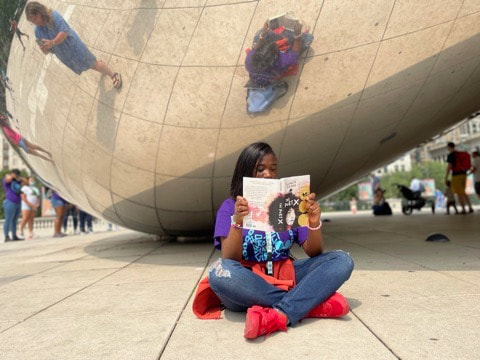

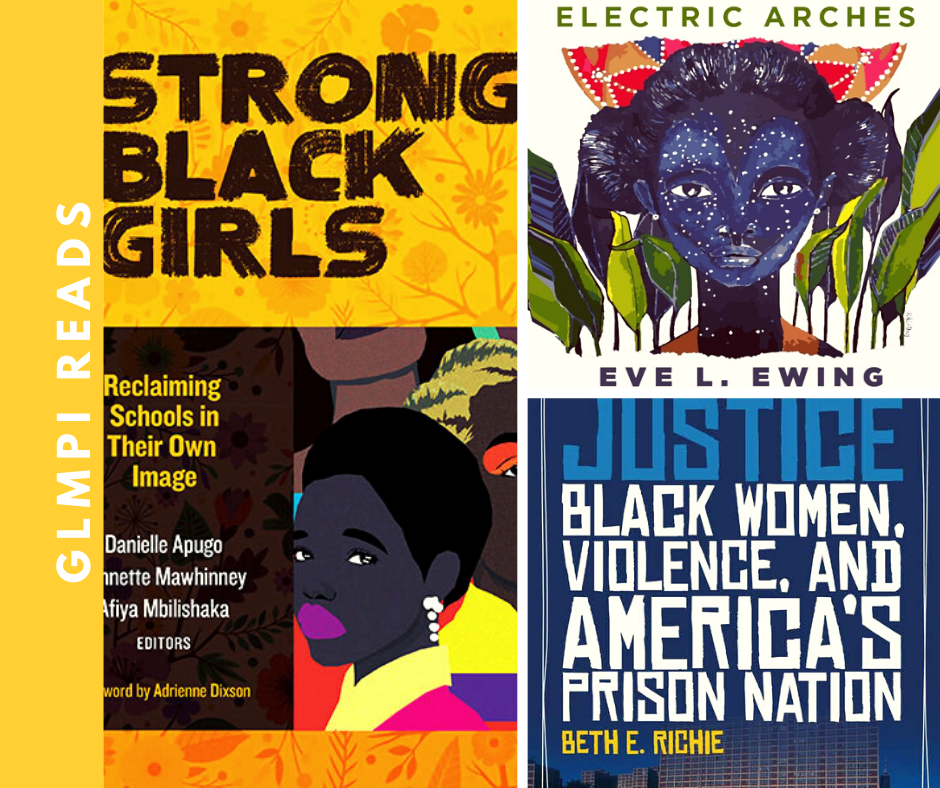
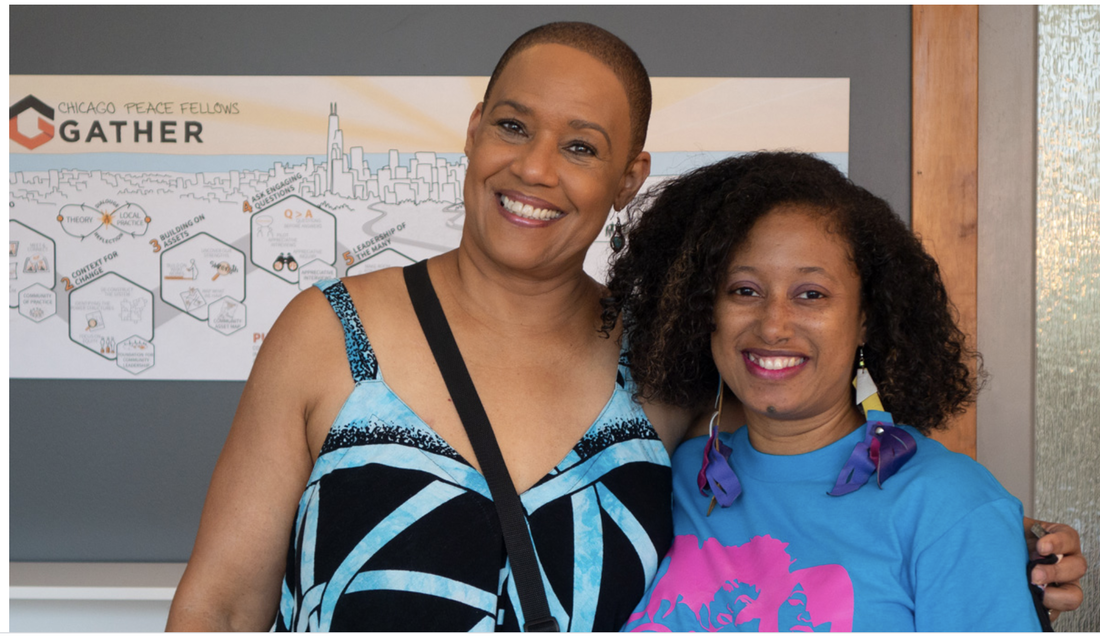
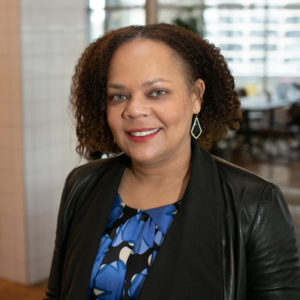
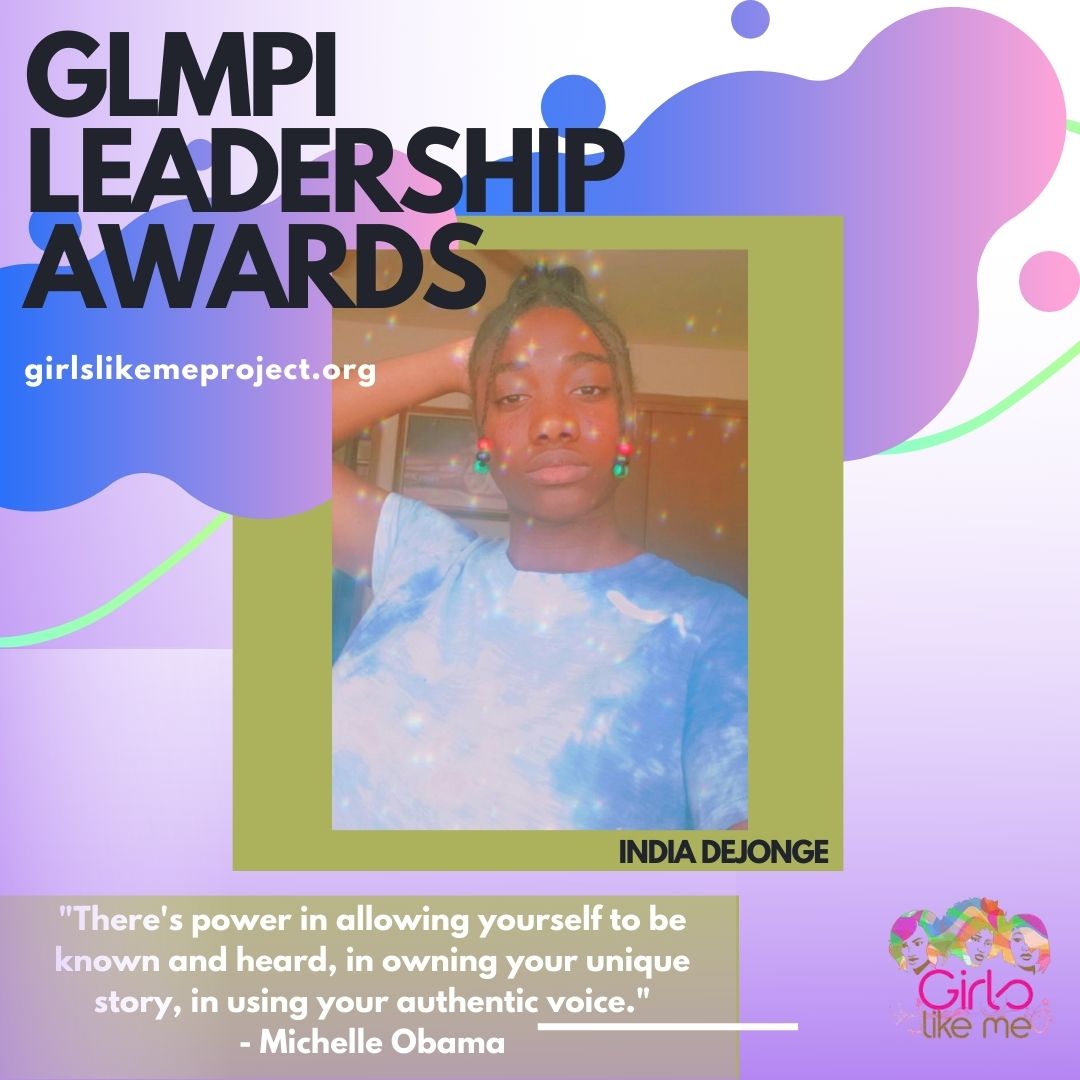
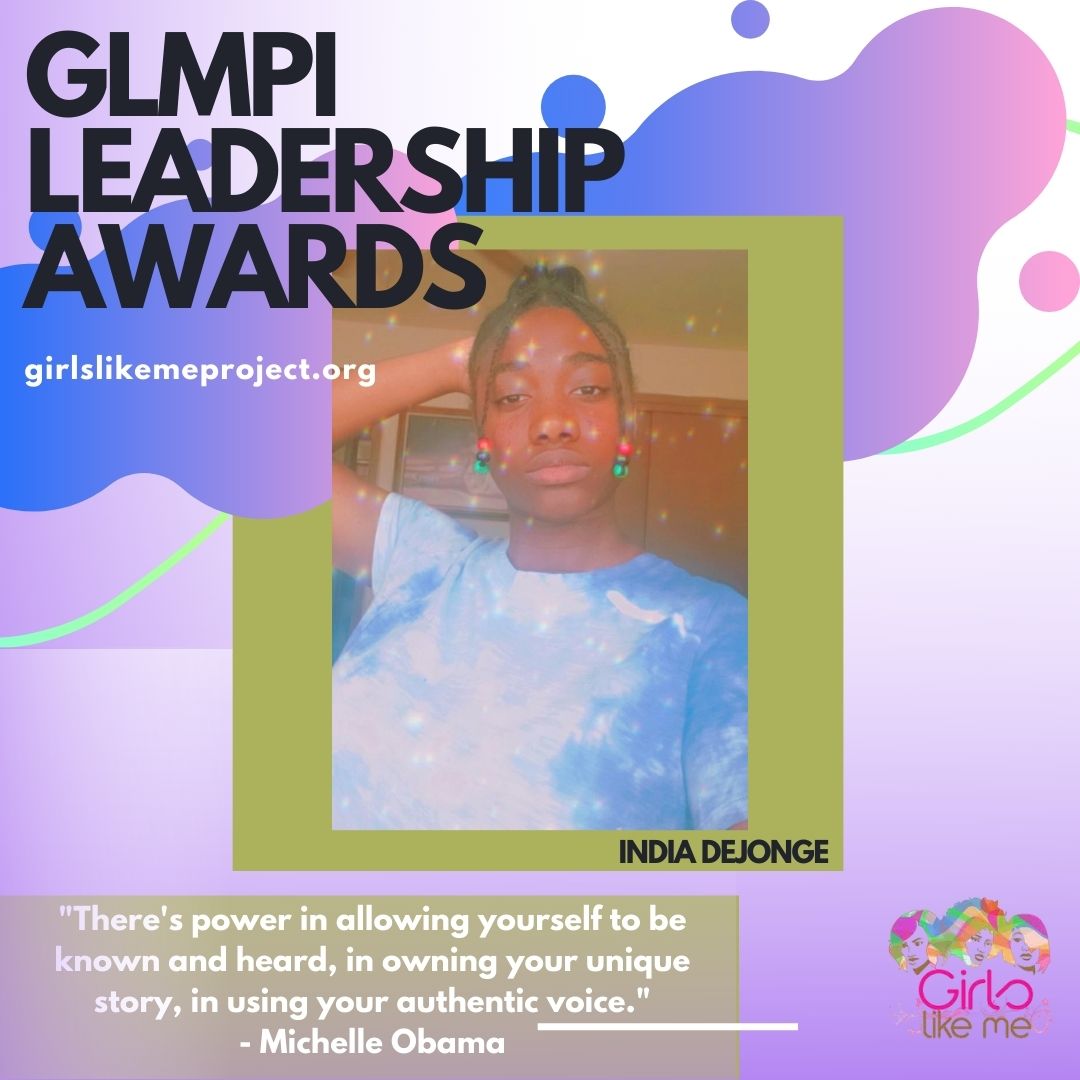
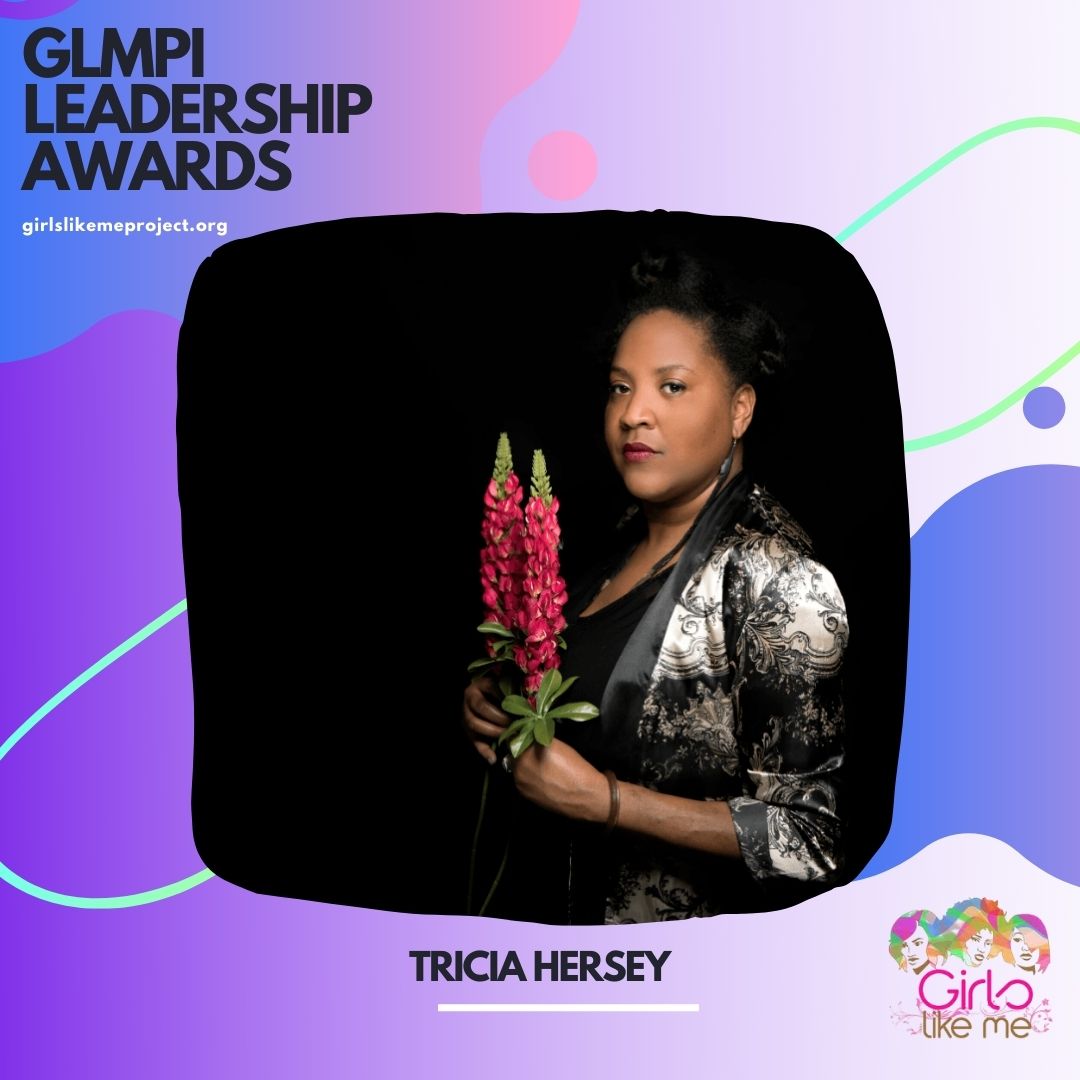

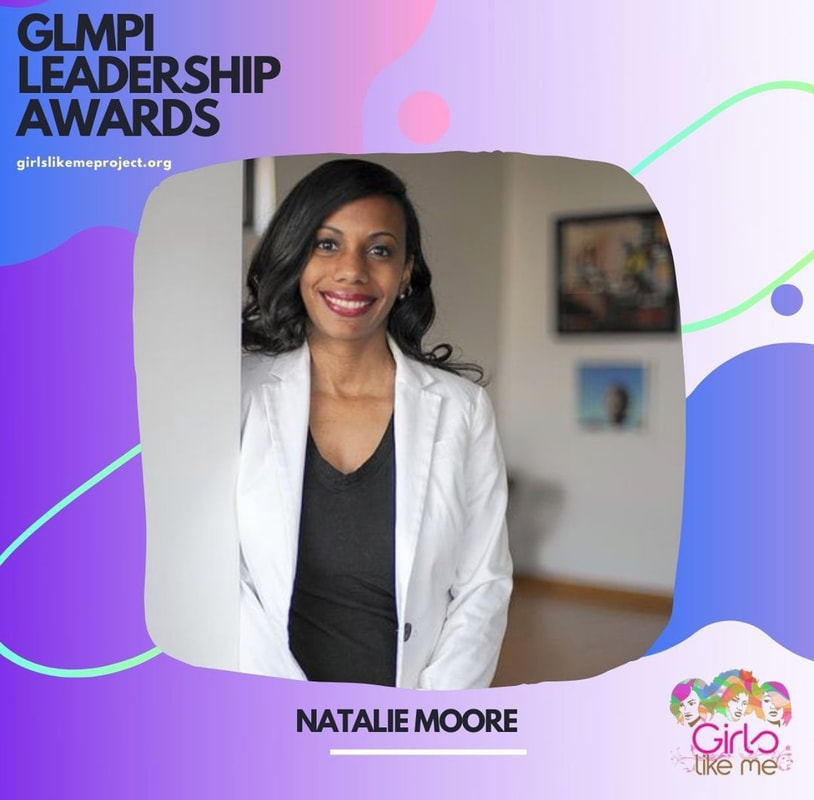
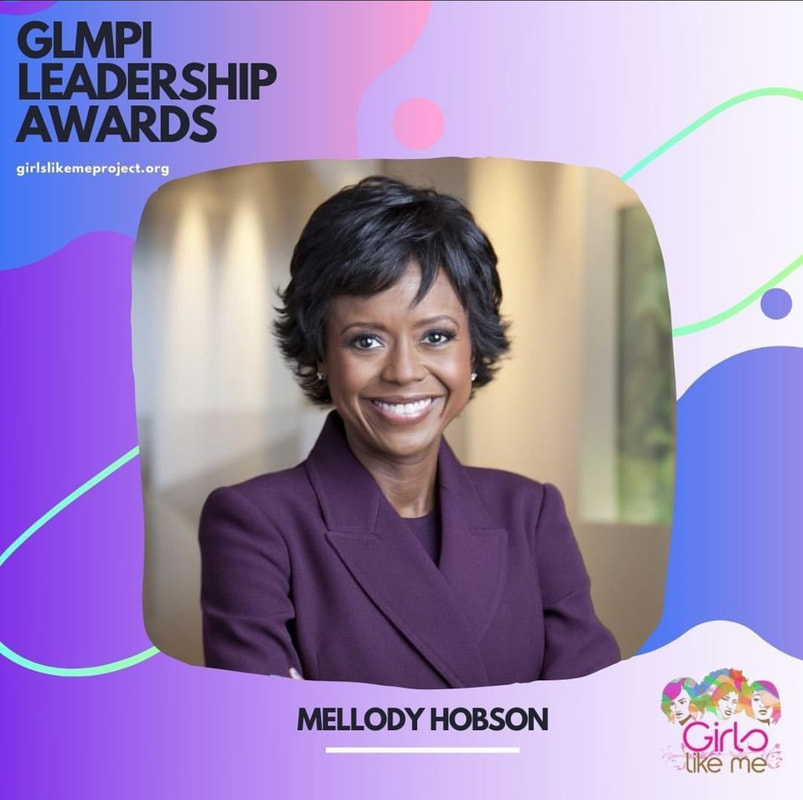

 RSS Feed
RSS Feed